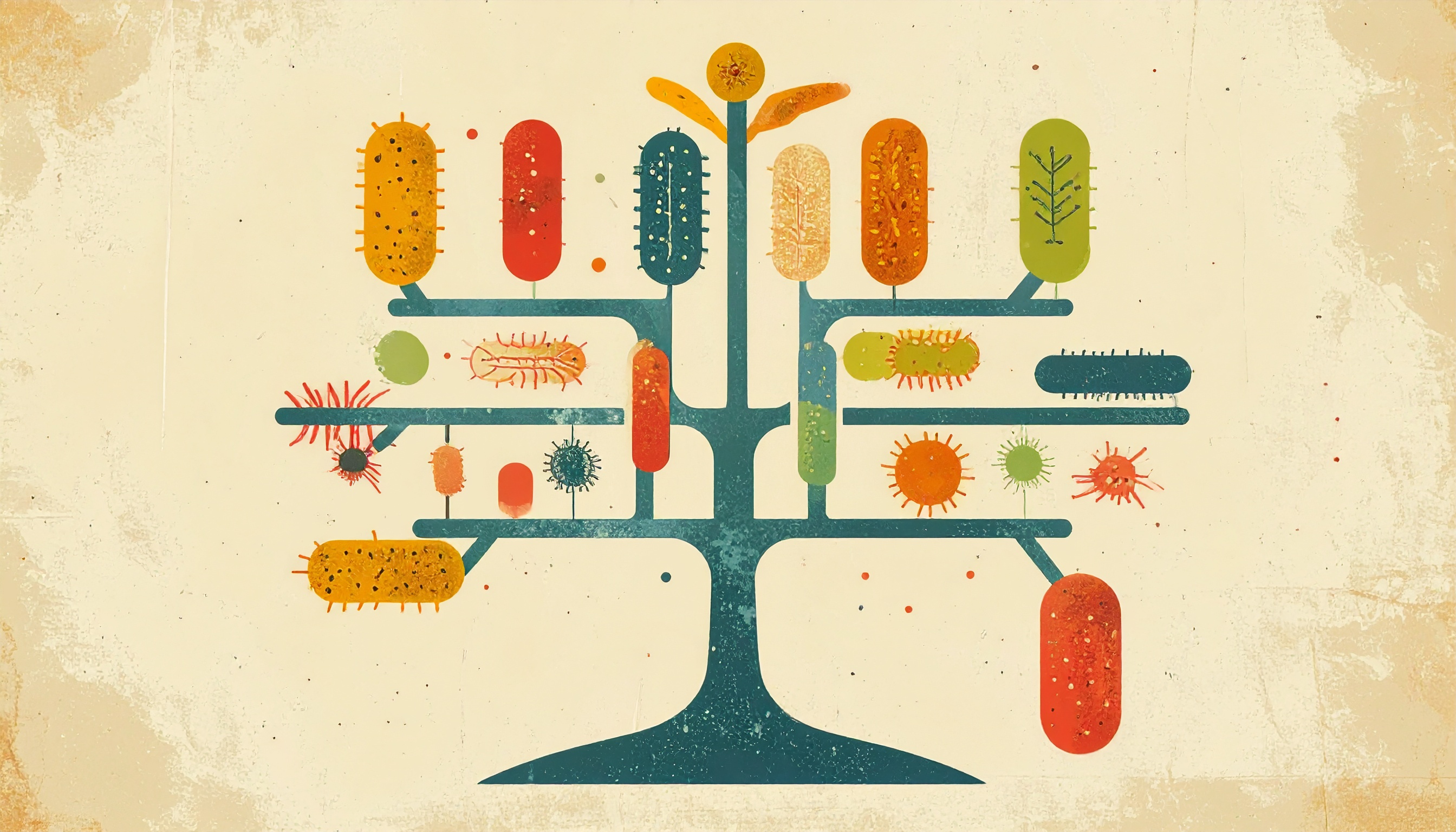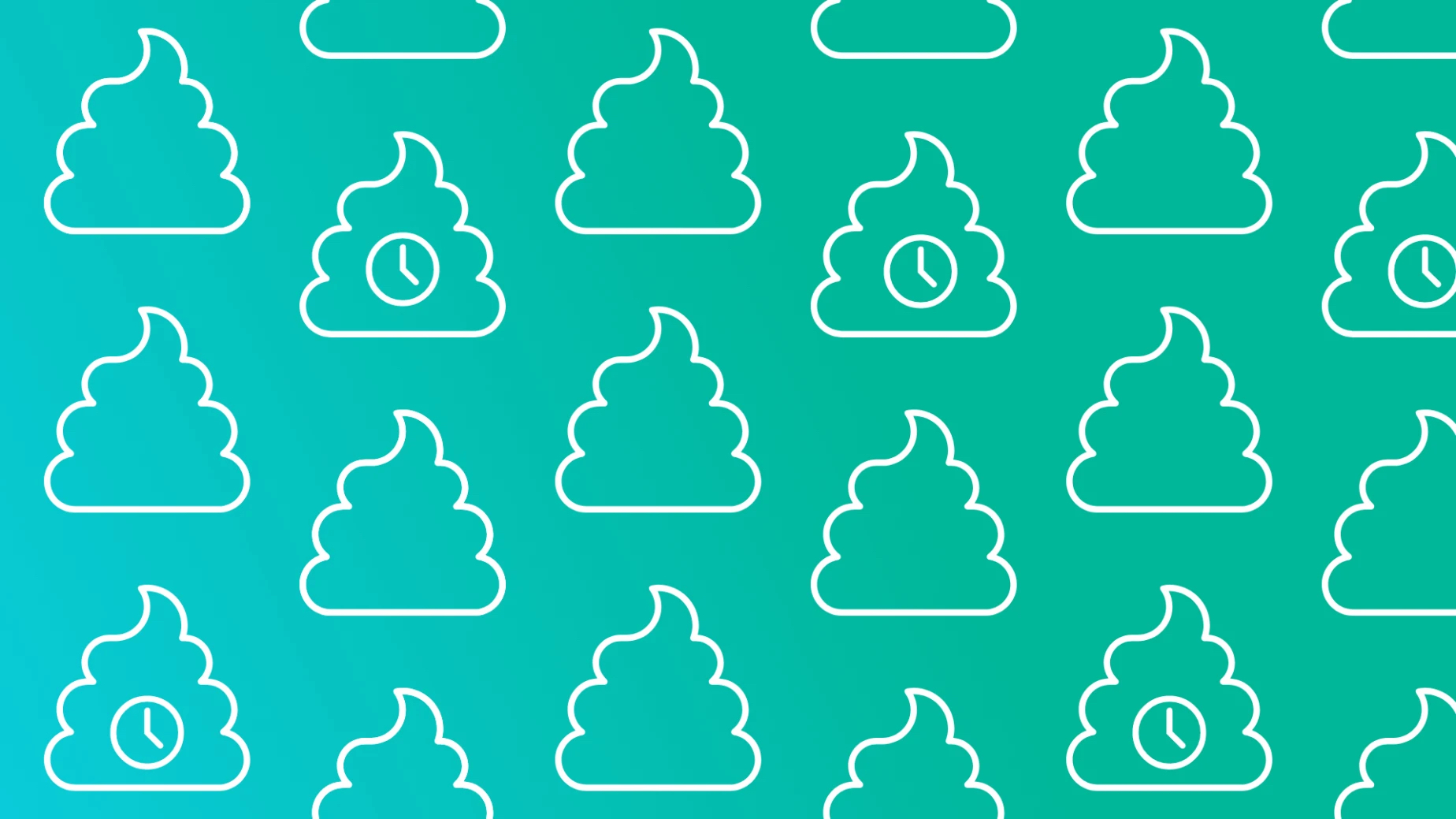Your ancestral microbiome was a treasure trove of diversity that puts today’s gut bacteria to shame. Scientists analyzing 2000-year-old human feces have discovered that our ancestors carried gut microbes we’ve completely lost – and these missing bacteria might explain why modern digestive diseases are skyrocketing.
Understanding our ancestral microbiome has become crucial for tackling today’s chronic disease epidemic. Research shows that loss of diversity in the gut microbiome directly connects to modern health problems (1), inspiring scientists to investigate what our ancestral microbiome actually looked like. By studying ancient gut bacteria preserved for millennia, researchers hope to unlock secrets that could help restore our compromised digestive health and combat diseases like obesity, diabetes, and inflammatory bowel conditions.
What Scientists Discovered About Our Ancestral Microbiome
The scientists found microbes that were completely absent from the gut microbiome today.
How Ancient Gut Bacteria Differ from Modern Microbiomes
The results were remarkable. The team discovered species never been seen in the modern microbiome. Out of 158 genomes, 61 were completely unknown to science – almost 40 percent!
Out of 158 genomes, 61 were completely unknown to science – almost 40 percent!
Overall, the ancestral guts more similar to non-industrialized microbiomes, and had:
- Lower abundance of antibiotic-resistance genes
- Fewer genes that make proteins to degrade glycans (sugar molecules found in mucus.) Mucus degradation in the colon is associated with diseases such as Crohn’s disease, Celiac disease and Ulcerative Colitis.
- Higher numbers of transposases – enzymes that can cut, paste and replicate elements of DNA, which help with adaptation.
Mucus degradation in the colon is associated with diseases such as Crohn’s disease, Celiac disease and Ulcerative Colitis.
Ultimately, it appears the ancestral microbes were adapting to environmental shifts that were much more frequent than today. More transposases would therefore be necessary.
Why Ancestral Microbiome Diversity Matters for Modern Health
The culprit behind our microbiome’s decline? Our modern diet has become dangerously boring.
“In ancient cultures, the foods you’re eating are very diverse and can support a more eclectic collection of microbes,” explains microbiologist Alexsandar Kostic of the Joslin Diabetes Center. “But as you move toward industrialization and more of a grocery-store diet, you lose a lot of nutrients that help to support a more diverse microbiome.”
Think about it: our ancestors foraged dozens of wild plants, seasonal fruits, and varied protein sources. Today? Most of us cycle through the same 10-15 foods week after week, creating a microbial monoculture in our guts.
While researchers are still unraveling exactly how our simplified microbiome affects our health, this groundbreaking study proves that our ancestral guts hold powerful clues for healing modern bodies. The research team believes we’re just scratching the surface of what ancient feces can teach us.
“Similar future studies tapping into the richness of paleofeces will not only expand our knowledge of the human microbiome, but may also lead to the development of approaches to restore present-day gut microbiomes to their ancestral state,” the researchers conclude.
The future of gut health might literally be buried in the past.



